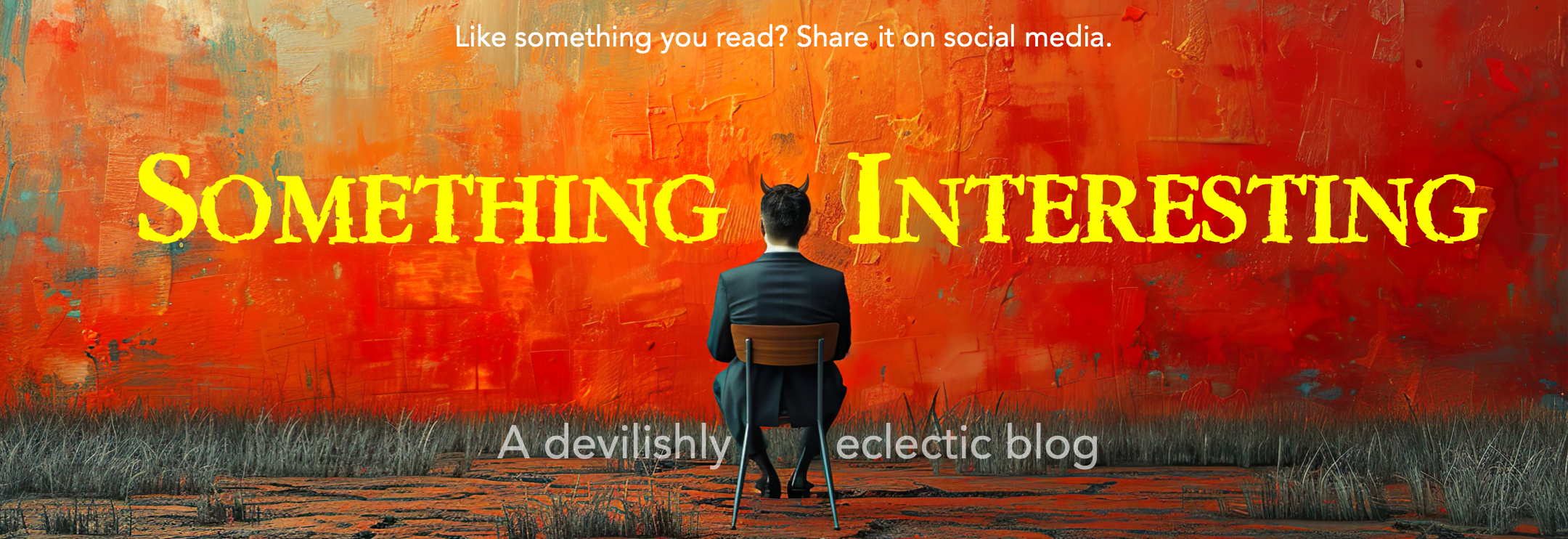
I’m grateful to Brandon Greene for alerting me to the article mentioned here.
In a previous post, I suggested that, in a world where our discipline is often misunderstood and misrepresented, we should do more to celebrate instances where anything related to what we do is discussed accurately. Here’s another case in point, an article called, “I taught rats to drive a car, and it may help us lead happier lives,” on the BBC web site.
That article is the star of this post, so I won’t go on and on and distract you from reading it. The article is about what it says it is, and it gives proper credit to behavioral processes.
But it also goes a step further than we often take things, by embedding the story constructively in an interdisciplinary context. Links are drawn to neuroscience and ethology, such that everyday people will be able to understand something that behavior analysts since Skinner have had mixed success in explaining. It’s something overlooked by critics ranging from reviewers of Walden Two and Beyond Freedom and Dignity all the way up to contemporary neurodiversity-focused denigrators of applied behavior analysis.
The effect: Positive reinforcement produces “joy.”
Read this article and experience a little joy of your own.
Postscript
Also, the article mentions, and the video below says more about, the investigator/author’s concept of “behaviorceuticals,” which she defines as “experiences [that] can alter brain chemistry similarly to pharmaceuticals.” That’s a not-inaccurate description of one consequence of operant learning, and to someone who doesn’t know a lot about behavior principles it sounds pretty appealing. Solve my problems with simple experiences rather than nasty old drugs? Count me in!
I’ll bet you several expensive hotel-bar beers that the notion of a “behaviorceutical” is an easier sell to policy makers and people on the street than this grandiloquent definition of behavior analysis from the ABAI web site.
Behavior analysts study how biological, pharmacological, and experiential factors influence the behavior of humans and nonhuman animals. Recognizing that behavior is something that individuals do, behavior analysts place special emphasis on studying factors that reliably influence the behavior of individuals, an emphasis that works well when the goal is to acquire adaptive behavior or ameliorate problem behavior…
Biology and physics are two examples of a natural science. When explaining biological and physical phenomena (e.g., the evolution of species or the tensile strength of a metal bar) these sciences appeal exclusively to natural, physical processes. By the same token, behavior analytic explanations of behavior appeal to natural, physical processes (e.g., environmental events, genetics, neural receptors). They do not appeal to metaphysical phenomena (e.g., free will), and they do not explain one behavior by appealing to another behavior. With respect to the latter, one cannot explain overeating by appealing to gluttony, laziness, or a lack of self-control. The latter provide categorical names into which overeating might be placed with other instances of behavior, but they do not tell us how to effectively treat overeating. Behavior analysts study natural, physical processes that influence behavior because, ultimately, this yields effective ways of changing socially important behavior.

Pingback: Interesting Somethings (2023-2024), Indexed – BEHAVIOR ANALYSIS BLOGS